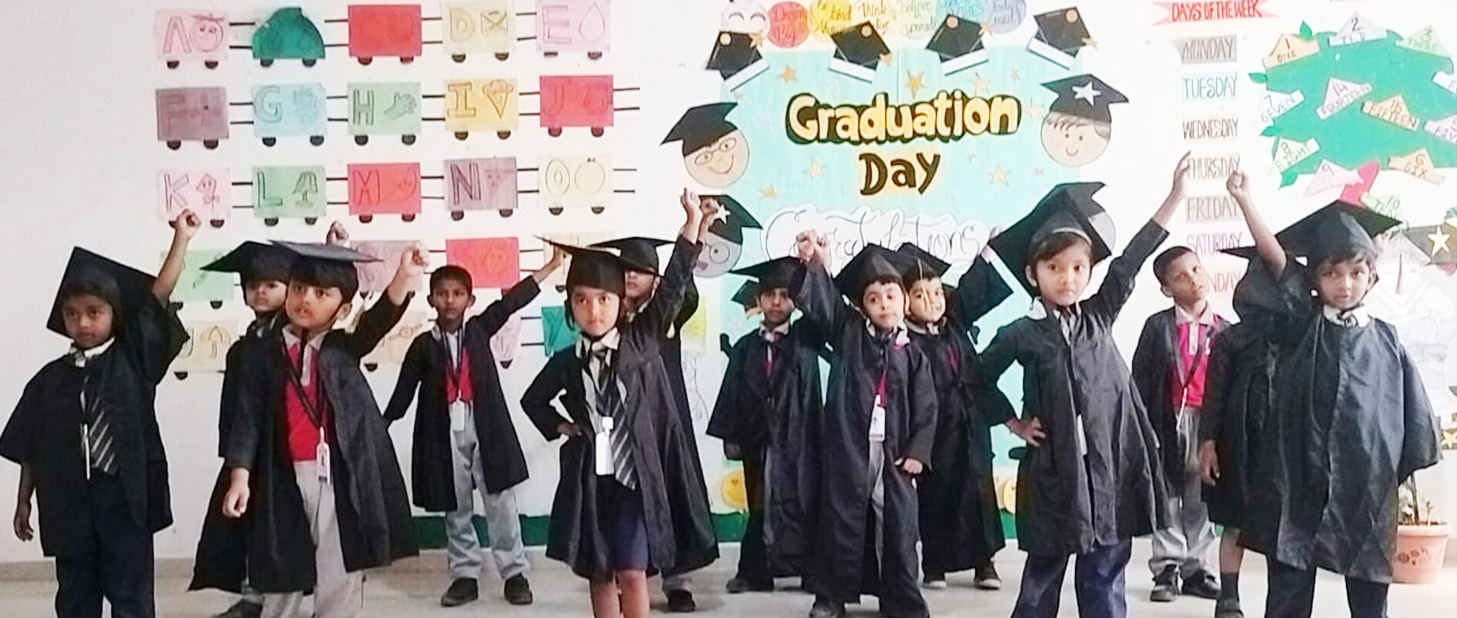Academics & Curriculum
We have a unique way of learning and well designed curriculum with working model of Proxima.

Pre Primary
Pre Primary offers numerous benefits for a child's development:
Socialization: Provide opportunities for children to interact with peers, fostering social skills, sharing, turn-taking, and cooperation.
Language Development:Through this, children engage in conversations, storytelling, and imaginative play, enhancing their language skills and vocabulary.
Cognitive Development: Kindergarten activities stimulate cognitive abilities, including problem-solving, critical thinking, and creativity, as children explore and experiment with different materials and toys.
Emotional Development:Being in a Pre Class helps children develop emotional resilience, empathy, and self-expression as they learn to navigate social situations and manage their emotions.
Physical Development: It often incorporate physical activities such as outdoor play, gross motor games, and fine motor skill exercises, supporting a child's overall physical development.
Independence and Confidence: Pre school allows children to gain independence by participating in age-appropriate activities, boosting their self-esteem and confidence in their abilities.
Learning Readiness: Mini classes introduces early learning concepts such as colors, shapes, numbers, and letters through playful and engaging activities, preparing children for future academic endeavors.
Overall, pre-school offers a holistic approach to a child's development, fostering social, emotional, cognitive, and physical growth in a nurturing and play-based environment.
Primary
The primary section typically follows a curriculum that covers three way learning pattern of Proxima.
This pattern is typically made by our president sir and followed by our teachers to give a cognitive learning.
Three way learning pattern works with the child learning system leads to 3 way learning which at the end leads 360degree assessment and results in holistic development of the child.
Fundamental subjects which is provided to Primary section by Proxima are
- English (Language and Literature)
- Hindi (Language and Literature)
- Mathematics
- Social Studies (History, Civics and Geography)
- Science (Physics, Chemistry and Biology)
- Computer Science (Theory and Practical)

Play-Based Learning
Pre-primary education places a strong emphasis on play-based learning. Activities are designed to be interactive, hands-on, and engaging, allowing children to learn through play, exploration, and social interaction. Play-based learning helps develop cognitive, social, emotional, and motor skills.

Parent Involvement
Our pre-primary programs encourage parental involvement. Parents may participate in school activities, attend parent-teacher meetings, and be engaged in their child's learning experiences at home. Collaboration between parents and teachers is crucial for the child's development.